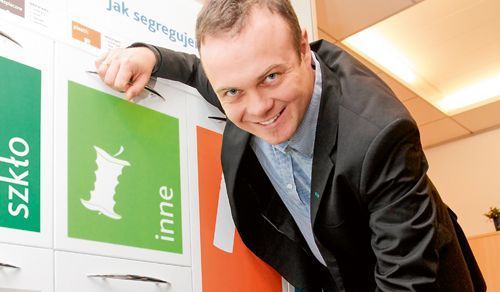It’s the rush hour, people are hurrying to work and a half-street-long traffic jam has been formed by a dustcart blocking the entrance to a car park – no self-respecting office facility manager should ever let this happen. Such congestion can easily build up in the narrow streets of the city centre, the location of many office buildings in the form of renovated tenement blocks. Fortunately, waste collection firms are prepared to make considerable sacrifices in the fight for their market share. “We are adjusting to clients, both in terms of timing and the days of our arrival – we work seven days a week and also at night if necessary,” says Aneta Andruszko, a key account service specialist at Byś, which has been involved in waste disposal in the Warsaw area for over thirty years. Sometimes a specialised vehicle is needed that is lower or narrower to be able to go through a gate. “Some companies have such equipment. They are also prepared to retrieve waste bins from bin shelt





























































